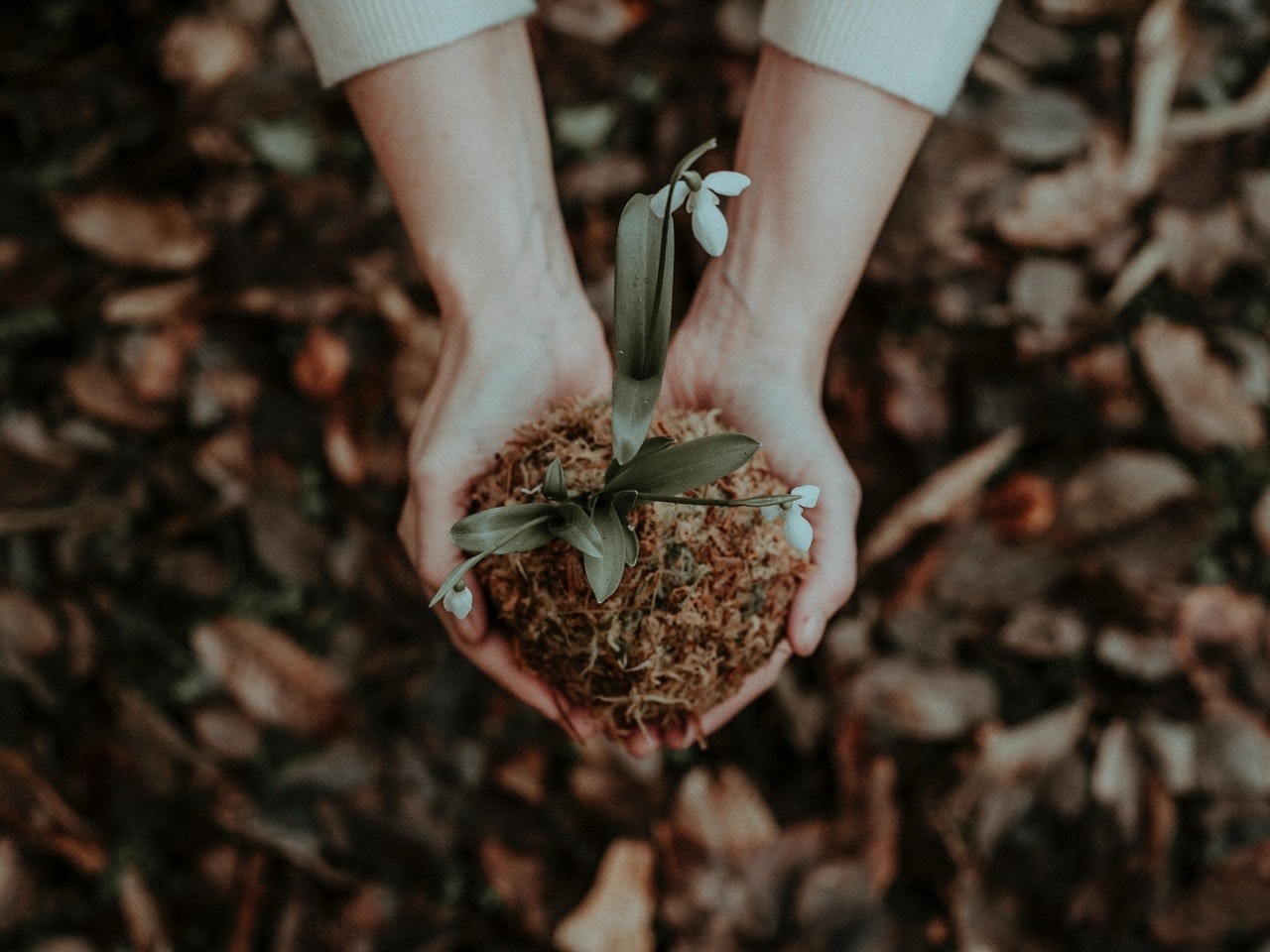Compost vs. Mulch: Which One Is Right for Your Denver Landscaping?
Giving your landscaping the tools and resources it needs to thrive during the growing season is the best way to make sure your plants perform the way you want them to. While the exact needs will vary from yard to yard, most Denver landscapes can benefit from the addition of compost or mulch in garden beds. If you’re new to adding these substances to your yard, you may not understand how each one works, or which one is best for your property. Here’s what you need to know.
What Compost Is
Compost is made up of broken-down organic material like food scraps, paper, coffee grounds, eggshells, and even old plants. Most gardeners and landscapers use compost to enrich their soils with nutrients from those organic materials. As food waste breaks down, it doesn’t lose nutrients. Instead, it just compresses into super-concentrated nutrient-dense muck.
The process can take several months before the materials are broken down enough to use in your garden. But once you do, the compost acts almost like a natural fertilizer when spread throughout the soil in your garden. It enriches the soil and gives your plants added nutrition without the use of harsh chemicals and ingredients that can damage plants if not properly applied.
What Mulch Is
Mulch is also made up of organic material, but it’s something that can be used as soon as it’s created. It’s made up of chopped up bits of wood. Most often, the wood is collected by tree companies and landscaping companies that break down fallen limbs and pruned materials in a dedicated woodchipper. This creates small chunks of wood that’s still full of the same nutrients the tree used to grow.
You don’t have to wait for several months before the mulch is considered ready. And since it’s made up of chunks of wood, you don’t need to combine it with your soil. Instead, you simply spread the mulch over the top layer of soil. As the materials break down through exposure to the sun’s UV rays, wind, and water, the nutrients in the mulch will get deposited into the soil, further helping your plants grow well.
Which One Should You Use?
Ultimately, choosing between mulch and compost can be a tough choice. In most cases, landscapes can benefit from both. But it largely depends on what you want to achieve. If you want a natural alternative to fertilizer, spreading compost is your best bet. But if you want to protect your soil from erosion and add a unique touch of color and texture to your garden bed, mulch is your best choice. It helps hold the soil in place and keeps the Denver winds from sweeping away layers of dirt.
Keeping Your Landscaping Pristine Is Simple
Combining both mulch and compost into your normal garden maintenance plan is the best way to keep your yard looking great year-round. Even better, it dramatically reduces the risk of nutrient-dense soil losing its impact. Contact us today to learn which option is best for your property and let our team help you keep your yard looking great at all times.
Go Back What Compost Is
Compost is made up of broken-down organic material like food scraps, paper, coffee grounds, eggshells, and even old plants. Most gardeners and landscapers use compost to enrich their soils with nutrients from those organic materials. As food waste breaks down, it doesn’t lose nutrients. Instead, it just compresses into super-concentrated nutrient-dense muck.
The process can take several months before the materials are broken down enough to use in your garden. But once you do, the compost acts almost like a natural fertilizer when spread throughout the soil in your garden. It enriches the soil and gives your plants added nutrition without the use of harsh chemicals and ingredients that can damage plants if not properly applied.
What Mulch Is
Mulch is also made up of organic material, but it’s something that can be used as soon as it’s created. It’s made up of chopped up bits of wood. Most often, the wood is collected by tree companies and landscaping companies that break down fallen limbs and pruned materials in a dedicated woodchipper. This creates small chunks of wood that’s still full of the same nutrients the tree used to grow.
You don’t have to wait for several months before the mulch is considered ready. And since it’s made up of chunks of wood, you don’t need to combine it with your soil. Instead, you simply spread the mulch over the top layer of soil. As the materials break down through exposure to the sun’s UV rays, wind, and water, the nutrients in the mulch will get deposited into the soil, further helping your plants grow well.
Which One Should You Use?
Ultimately, choosing between mulch and compost can be a tough choice. In most cases, landscapes can benefit from both. But it largely depends on what you want to achieve. If you want a natural alternative to fertilizer, spreading compost is your best bet. But if you want to protect your soil from erosion and add a unique touch of color and texture to your garden bed, mulch is your best choice. It helps hold the soil in place and keeps the Denver winds from sweeping away layers of dirt.
Keeping Your Landscaping Pristine Is Simple
Combining both mulch and compost into your normal garden maintenance plan is the best way to keep your yard looking great year-round. Even better, it dramatically reduces the risk of nutrient-dense soil losing its impact. Contact us today to learn which option is best for your property and let our team help you keep your yard looking great at all times.
